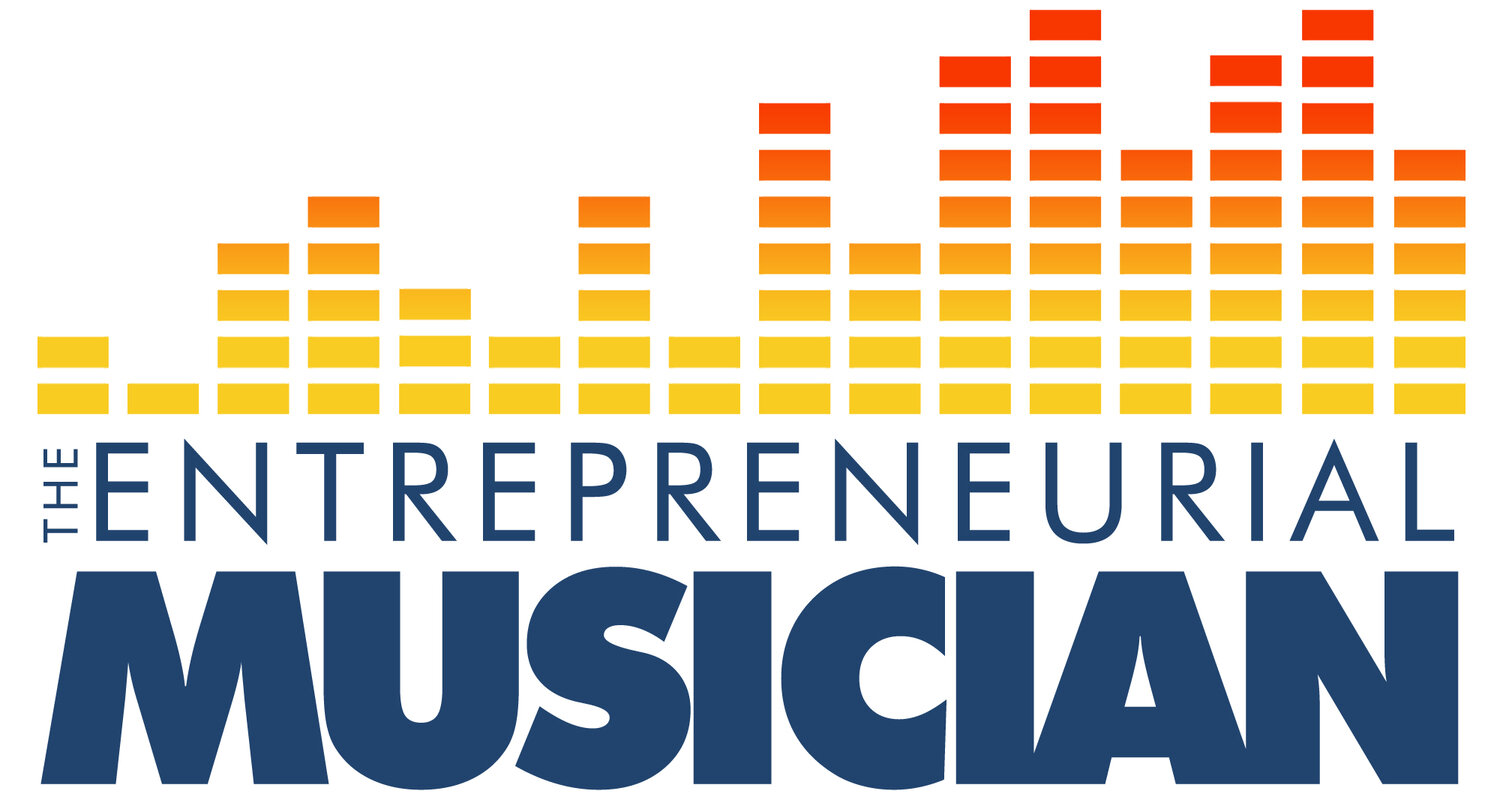Help With Google Analytics
Do you have a website? If not, stop reading this and go build one.
If you do you should be using Google Analytics to analyze everything about the people visiting your website. What are the search terms that are leading people to you? How long are people staying before they leave? Are they using mobile devices or desktop computers?
The list goes on and on and all of this information can help you to best craft your message and then to get it in front of the right eyeballs. This type of analysis is not an option if you are taking your business seriously.
Don't know where to start? There's good news!
Arts Hacker, a website by Drew McManus, has a whole slew of tips on how to use Google Analytics. The posts at Arts Hacker are very well laid out and present actionable advice for anyone regardless of technical ability.
I just used this article to filter out my own visits to andrewhitz.com in order to get better data across the board. This is something I should have done long ago but until I saw that very short and to the point article leading me step-by-step through the process I never got around to it.
Arts Hacker Articles On Google Analytics
I'd encourage you to poke around the rest of the site. There's some very powerful tools there which are completely free!

